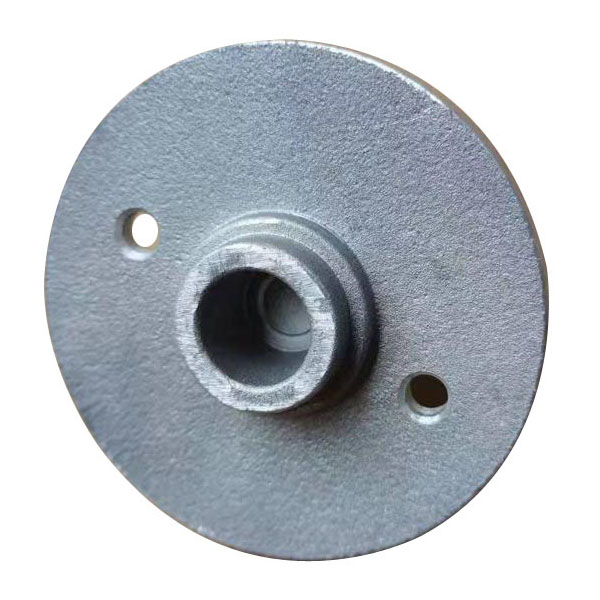The Art and Industry of Aluminum Casting
2025-04-24
Aluminum casting is one of the most essential processes in modern manufacturing, enabling the creation of strong, lightweight, and complex parts for a wide range of industries. From automotive components and aerospace parts to household tools and construction materials, aluminum casting plays a critical role in shaping the world around us.
What Is Aluminum Casting?
Aluminum casting is a manufacturing process where molten aluminum is poured into a mold and allowed to solidify. Once it cools and hardens, the mold is removed, and the resulting aluminum part is trimmed and finished. This process allows for the production of both simple and intricate designs, offering excellent dimensional accuracy and surface finish.
Why Aluminum?
Aluminum is favored for casting due to its unique combination of properties. It is lightweight yet strong, corrosion-resistant, and has good thermal and electrical conductivity. These characteristics make it ideal for parts that need to endure harsh environments while maintaining structural integrity.
Types of Aluminum Casting Processes
There are several methods used to cast aluminum, each suited for different applications:
- Die Casting: Involves forcing molten aluminum into a steel mold under high pressure. This method is ideal for high-volume production of small to medium-sized parts with fine detail.
- Sand Casting: A more traditional method where sand molds are used. This process is more flexible and cost-effective for low-volume production and larger parts.
- Investment Casting: Also known as lost-wax casting, this technique allows for the production of highly complex shapes with superior surface finishes.
- Permanent Mold Casting: Uses reusable metal molds and is suited for medium-volume production. It offers better mechanical properties than sand casting.
Applications of Aluminum Casting
Aluminum castings are used in almost every major industry. In the automotive sector, they are found in engine blocks, transmission housings, and wheel components. In aerospace, aluminum parts are crucial due to their strength-to-weight ratio. Even everyday items such as cookware, ladders, and garden tools often rely on aluminum castings for durability and performance.
Sustainability and Recycling
Another significant advantage of aluminum casting is its sustainability. Aluminum is 100 percent recyclable without loss of properties. Recycled aluminum requires only a fraction of the energy used to produce new aluminum, making it an environmentally responsible choice for manufacturers.
Conclusion
Aluminum casting continues to be a cornerstone of modern engineering and manufacturing. Its versatility, strength, and recyclability make it a smart solution for industries aiming to create high-performance parts in an efficient and eco-friendly way. As technology advances, aluminum casting will only become more precise, cost-effective, and critical to innovation across the globe.



